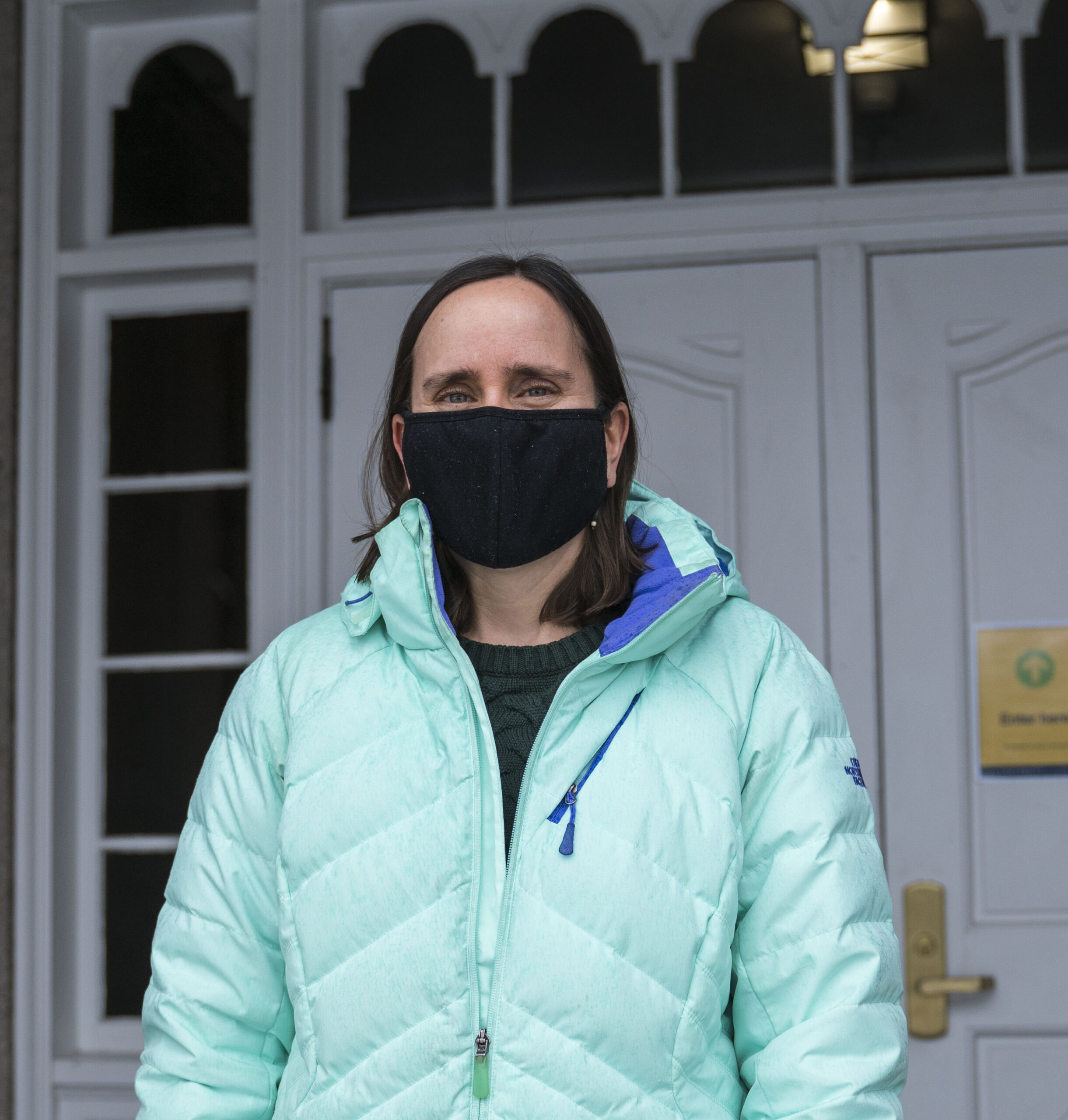A closer look at the URI Anthropology department, which focuses on the study of human cultures and their development. Photo by Ethan Pellegrino.
In general terms, anthropology is the study of humans, past and present, but at the University of Rhode Island, it is much more than that.
The anthropology department at URI can often be overlooked because of its size, but they are a department that is passionate about what they do and constantly trying to create new experiences for their students.
The study of anthropology is often misunderstood because it is such a broad discipline that covers a variety of subfields: archaeology, biological, cultural and linguistic. There is also much overlap between anthropology and other departments such as history and biology.
Kristine Bovy, chair of the anthropology department, said that she had always been interested in history and that is what got her into anthropology. She noted that anthropology has allowed her to look at objects to try to figure out what happened before written records of history were kept.
There are many reasons why students pick anthropology as their field of study and the professors are no different. Professor Holly Dunsworth had a particularly interesting experience when starting her journey in anthropology.
“I needed to change my major,” Dunsworth said. “I borrowed my parents’ car and drove to a beach to find myself and figure out what I wanted to do. I’m going 55 miles per hour on a country road towards the beach and I ran over a book. I pulled over and I walked back and got the book and it was Clan of the Cave Bear (a popular anthropology-related book).”
The anthropology department is not a big department, with only about 50 students and four professors. Despite this, they are not lacking passion for their work or their students.
“I love it when students have a great idea and it blows my mind,” Dunsworth said. “Learning in real-time with students, thinking about things I have never thought about, coming up with a question I had never thought to ask in that context. It’s really stimulating and that’s really exciting for me.”
Having only four professors in the department has posed a challenge at times for faculty members. Dunsworth said she wished the department had more faculty to help the department cover more ground, as each professor focuses on one singular expertise.
It’s not all challenge though, and there are also a lot of positives about being part of a small major, such as the sense of community the department has.
“You’re sitting around the table with people that you had in many classes before, so you get to know the other majors,” said Bovy.
According to Dunsworth, the anthropology department would like to provide more field experience for their students. This has been a recurring problem for the department, but they are regularly coming up with new ideas on how to give students more hands-on experiences.
A degree in anthropology can lead graduates down many different avenues. Bovy said that some jobs that former anthropology students hold include government jobs, museums and private archaeology firms.
Dunsworth recently set up one of these partnerships, although COVID-19 has prevented her from helping her students take advantage of it.
“I finally set up a partnership with a zoo up the road, Southwick Zoo, and then the pandemic hit and I can’t use that for a while,” Dunsworth said. For now, she wants to allow for more field experience locally and on-campus. She hopes to create more travel experiences in the future. “I will overcome these obstacles by trying to create field experiences with students that are within reach. I have plans to create a lot more travel experiences for students.”
The anthropology department is full of energy and excitement and its students and staff alike are ready to take on the challenge.

